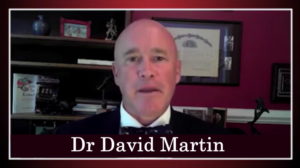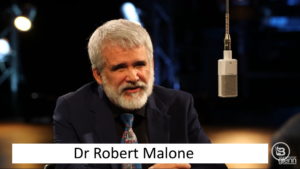NIH admits to funding risky coronavirus research in Wuhan
On October 20, 2021, the NIH’s principal deputy director, Lawrence A. Tabak sent letters to members of the House Committee on Energy and Commerce (after months of congressional demands) he acknowledged funding research that resulted in an "unexpected" coronavirus gain-of-function. [1, 2] The letter acknowledged that EcoHealth Alliance: "did indeed enhance a bat coronavirus to become potentially more infectious to humans, which the NIH letter described as an “unexpected result” of the research it funded that was carried out in partnership with the Wuhan Institute of Virology." "violated the terms of its grant conditions stipulating that it had to report ["immediately"] if its research increased the viral growth of a pathogen by tenfold," [“a one log increase in growth.”] The letter stated that "The research plan was reviewed by NIH in advance of funding, and NIH determined that it did not to fit the definition of research involving enhanced pathogens of pandemic potential (ePPP)", curiously the next day, on October 21, 2022, the NIH set up a redirect from it's Gain-of-Function web page to a new ePPP page! According to HHS's P3CO framework, "Enhanced PPP do not include naturally occurring pathogens that are circulating in or have been recovered from..> READ MORE





